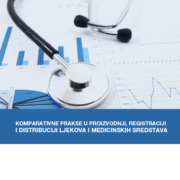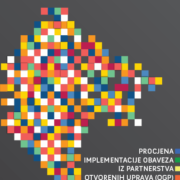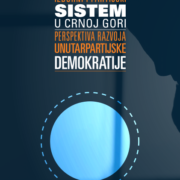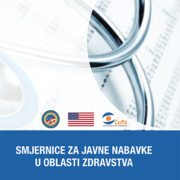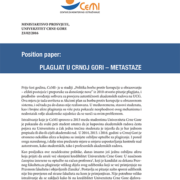Comparative Balkan Politics (CBP) aims to publish original articles that give new insights into Balkan politics in order to promote better understanding and informed debate on political processes in Southeast Europe. CBP defines its scope broadly to include comparative studies in politics, economy, and social science in all of the Balkans and Southeast Europe, as well as in countries that have strong ties to the region, and comparative studies of countries that give new insights to developments in the Balkans. As a region that has historically been at the crossroads of cultures and political empires, and more recently both inside and outside of the EU, the Balkans offer great diversity of cases and issues for comparative studies.
The journal is the result of regional cooperation between research institutions in the Balkans that aims to link political scientists and comparativist scholars across the region. A distinctive editorial partnership brings together scholars from different countries and institutions, making the journal “locally owned and run”.
CBP aims to encourage debate on the many aspects of Balkan politics that are of interest to policy-makers, administrators and journalists, aid and development personnel, in addition to all those involved in education. Our commitment is to provide an interesting and informative read by publishing articles that give new insights and present novel approaches to contemporary issues in the Balkans and beyond. We invite you to share that commitment by recommending Contemporary Balkan Politics, or by considering us when choosing a journal to publish your own research.
Peer review:
The Editors welcome original empirical and theoretical pieces with a contemporary focus. Pieces that explore the dynamic relationship between domestic, international and transnational processes and practices across countries are especially are welcomed.
CBP follows a double blind review policy in order to ensure high academic standards. All research articles undergo rigorous peer review, based on initial editor screening and refereeing by at least two anonymous referees. Referee recommendations and high academic standards are the final criteria of judgment for inclusion in the journal.
Subjects Covered:
Comparative studies in politics, economy and social science in the Balkans and Southeast Europe, as well as in countries with ties to the region, and comparative studies of countries that give new insights to developments in the Balkans.
Published as:
- Research articles
- Review articles
- Electoral notes
- Policy notes
- Special sections (forums, contributions or articles, announced in advance)
Abstracted in:
Articles appearing in this journal will be abstracted and indexed in CEEOL and elsewhere.
Open Access:
The journal is in the process of being included in the Directory of Open Access Journals. All articles are published in CBP under a Creative Commons Attribution-Non-Commercial-NoDerivs License (CC BY-NC-ND).
Publication Frequency and Language:
Annually in English language.
Articles are accepted on a rolling basis, with calls for papers issued in advance of the annual publication deadline.
Published by:
Center for Monitoring and Research – CeMI Podgorica
Contact:
Adresa: Bul. Josipa Broza 23a, 81 000 Podgorica, Montenegro
Tel: 00 382 20 511 424
Fax: 00 382 20 511 424
Email: cemi@t-com.me
Web: www.balkanelectoralstudies.org
Supported by:
The Regional Research Promotion Programme (RRPP). The RRPP promotes social science research in the Western Balkans (Albania, Bosnia and Herzegovina, Kosovo, Macedonia, Montenegro and Serbia). Social science research aids in the understanding of the specific reform needs of countries in the region and in identifying the long-term implications of policy choices. Researchers receive support through research grants, methodological and thematic trainings as well as opportunities for regional and international networking and mentoring. The RRPP is coordinated and operated by the Interfaculty Institute for Central and Eastern Europe (IICEE) at the University of Fribourg (Switzerland). The programme is fully funded by the Swiss Agency for Development and Cooperation (SDC), Federal Department of Foreign Affairs.
The views expressed in this publication are those of the authors and do not necessarily represent opinions of the SDC and the University of Fribourg.


 English
English


